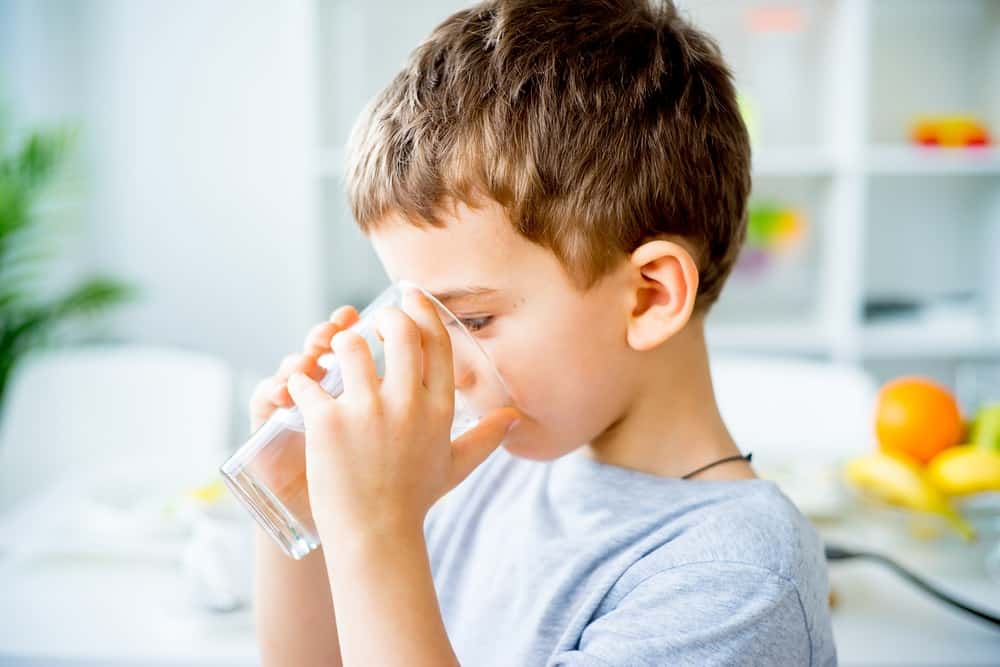Buying a New Home with Reverse Osmosis Water

It is common for homes in Florida to come with installed water filtration systems due to the tendency of water here to be heavily mineralized. If you’re in the market for a new home, you may be wondering whether a reverse osmosis water system is a good option for your family.
Since there are several types of water filters available, it’s a good idea to know what the benefits of each are so you can make an informed decision. With that in mind, let’s talk about reverse osmosis water filtration systems. How do they work – and can you trust them to provide you with safe water for your family?
What is Reverse Osmosis?
Reverse osmosis uses a thin membrane to filter particles, minerals, and other contaminants from water. The water passes through the membrane, which traps particles.
As a rule, reverse osmosis water systems are reliable when it comes to desalinating water or removing minerals. They also do a good job of removing pathogens from the water supply.
Reverse osmosis is a relatively affordable way to remove some impurities from water, but it’s not without its issues as a water purification method.
The Downside of Reverse Osmosis
If you’re buying a new home and it has only a reverse osmosis water system, then there are some things you should know.
- Reverse osmosis does not distinguish between dangerous minerals like lead and healthy minerals that your body needs. It removes all of them.
- Likewise, reverse osmosis does not remove many contaminants, including chlorine, pesticides, herbicides, and other chemicals.
- Reverse osmosis wastes approximately two to three gallons of water for each gallon it purifies, so it isn’t the most environmentally friendly water purification method.
- The process of reverse osmosis is a slow one, and it may not be ideal for homes that use a lot of water during the day.
In other words, reverse osmosis water is certainly safer in many instances than water that has not been filtered in any way. However, the removal of beneficial minerals – combined with reverse osmosis’ lack of ability to remove many harmful chemicals from your water – make it a less than ideal choice for many homeowners.
Combining Reverse Osmosis with Other Filtration Methods
If you’re buying a home and it has a reverse osmosis filter, you don’t have to give up on the sale. There are solutions available that can help you augment the protection provided by reserve osmosis so you can be confident that your water is safe.
For example, adding an activated carbon filter can help take care of the chemicals and other contaminants that reverse osmosis water might miss. Pesticides and herbicides are commonly found in municipal water supplies, so it’s important to test for them and make sure that the water system you choose keeps these harmful chemicals from affecting your family.
Of course, if you feel that you want to replace your new home’s reverse osmosis water system with a more comprehensive and reliable option, you may want to use that as a bargaining chip as you negotiate a price for the home.
Comprehensive Water Filtration
While reverse osmosis water is certainly safer than water contaminated with harmful minerals, the best option for you and your family is water that has been filtered using a combination of methods.
The Guardian Water Services water refiner uses a 7-step cleaning system to ensure that the water you and your family use is safe, healthy to consume, and won’t damage your plumbing and appliances. So schedule your free water quality test today – we’re happy to help you diagnose and solve your water problems!
Topics:

